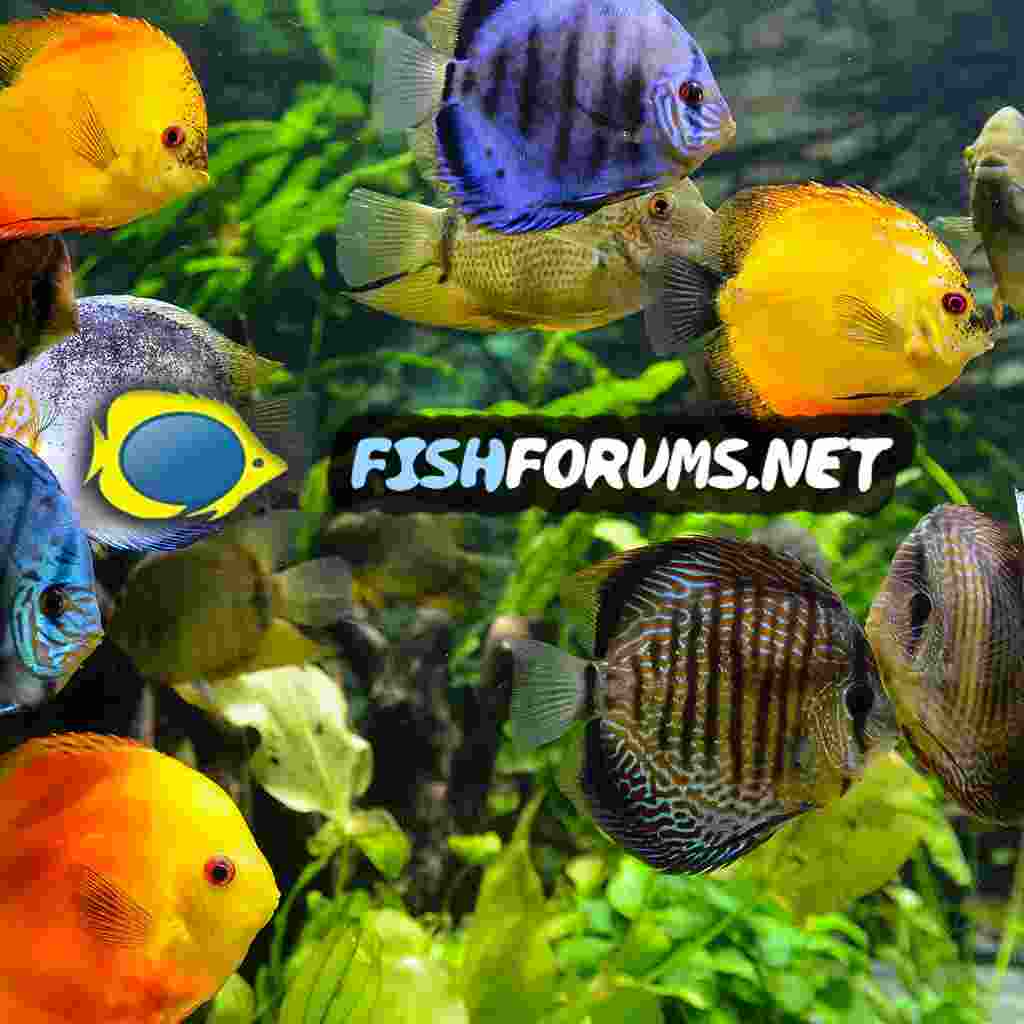The first question we need to ask is how hard is your water? Your water company's website should have your hardness on their website, normally we have to enter our address or postcode to access it. You need a number rather than vague words, and the unit of measurement as there are about half a dozen different units they could use. if you can't find it, tell us the name of the water company and we'll see what we can find.
The reason we ask is that soft water fish kept in hard water develop calcium deposits in their kidneys so they don't live as long as they should; hard water fish kept in soft water suffer calcium loss and they get sick more easily.
It's not a question of how many fish. You can keep more small fish than large fish in a tank, whatever the size. Then there are fish which need to be in a group of at least 10 (shoaling fish) and those that need just one or maybe one pair per tank.
So first of all, find your hardness, then tell us the dimensions of the tank. In the UK, tanks of the same volume can be wide and shallow or tall and narrow. The wide ones have more swimming length than the tall ones which does affect which fish are suitable.
Sand or gravel, the choice is yours. The only way it affects fish is that those fish which live on the bottom, cories and loaches for example, do a lot better with sand. But if you don't want any bottom dwellers it doesn't matter which.
Two final things:
Never ever take advice from a fish store. Most workers have been trained in how to sell things, not in fish care and they can give terrible advice. Always do your own research - including asking on here

Do you know about cycling - the process of growing bacteria to remove the ammonia made by the fish? If you don't, can I suggest reading this before buying any fish.
Fishless cycling https://www.fishforums.net/threads/cycling-your-new-fresh-water-tank-read-this-first.421488/ Silent or plant cycling https://www.fishforums.net/threads/planted-silent-cycling.470400/ Fish-in cycling...

www.fishforums.net



